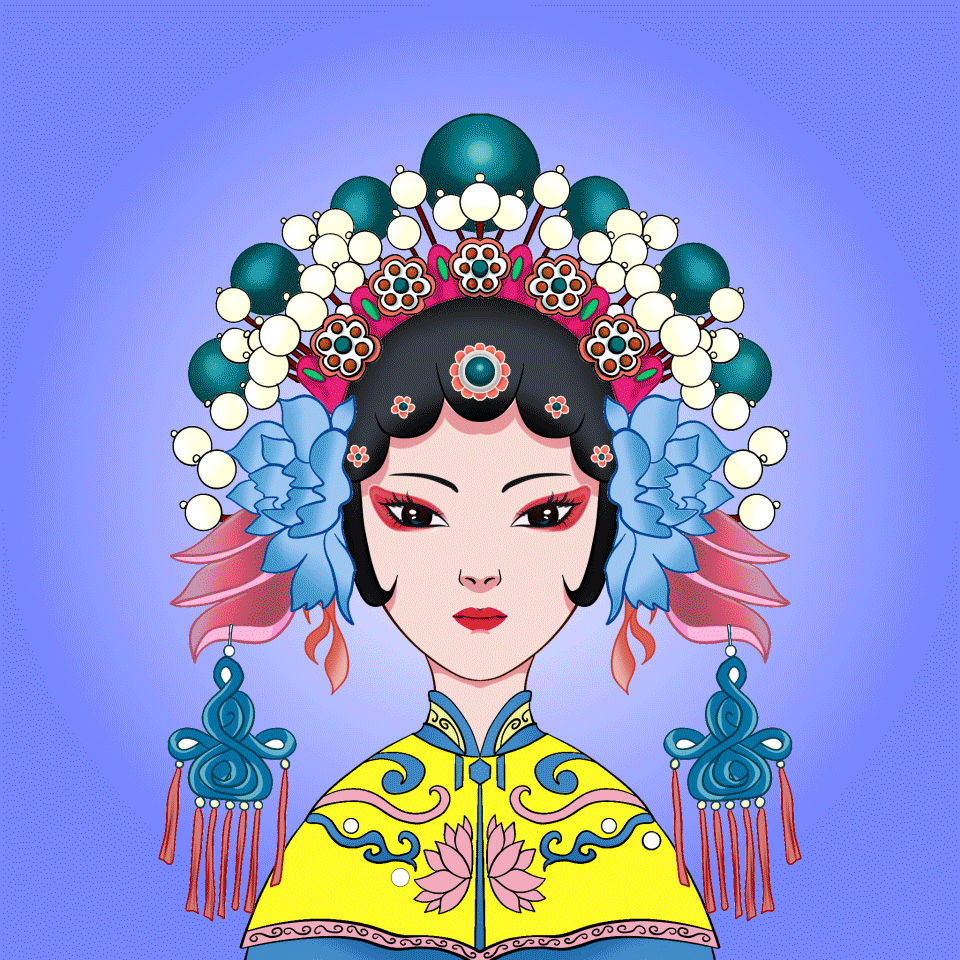武松,生平事迹:在血溅鸳鸯楼后,为躲避官府抓捕,改作头陀打扮,江湖人称“行者武松”。武松曾经在景阳冈上空手打死一只吊睛白额虎,因此,“武松打虎”的事迹在后世广为流传。曾与鲁智深、杨志等人聚义青州二龙山,三山聚义时归顺梁山,一百单八将之一,坐第十四把交椅,为十大步军头领之一,上应天伤星,后受朝廷招安随宋江征讨辽国、田虎、王庆、方腊,最终在征方腊过程中被飞刀所伤,痛失左臂,被封为清忠祖师,最后在杭州六和寺病逝,寿至八十。
加入社群: 7000104529 跟一群有趣的人互动,期待您的神回复。
Wu Song, life story: After the blood splashed in the Mandarin Duck Tower, in order to avoid the arrest of the government, he changed into a head Tuo, and the people in the rivers and lakes called it "Wu Song the Walker". Wu Song once killed a hanging-eyed white-fronted tiger with his bare hands on Jingyang Hill. Therefore, the story of "Wu Song fighting a tiger" was widely circulated in later generations. He once gathered with Lu Zhishen, Yang Zhi and others at Erlong Mountain in Qingzhou. When the three mountains gathered together, he went to Liangshan. He was one of the 100 dan and 8 generals. He sat on the 14th position. Later, he was recruited by the imperial court to follow Song Jiang to conquer Liao, Tian Hu, Wang Qing, and Fang La. He was injured by a flying knife during the expedition of Fang La, and lost his left arm. Live to eighty.
